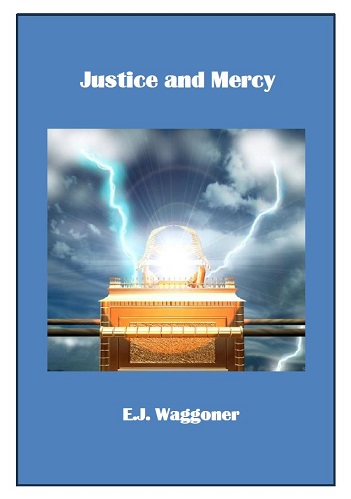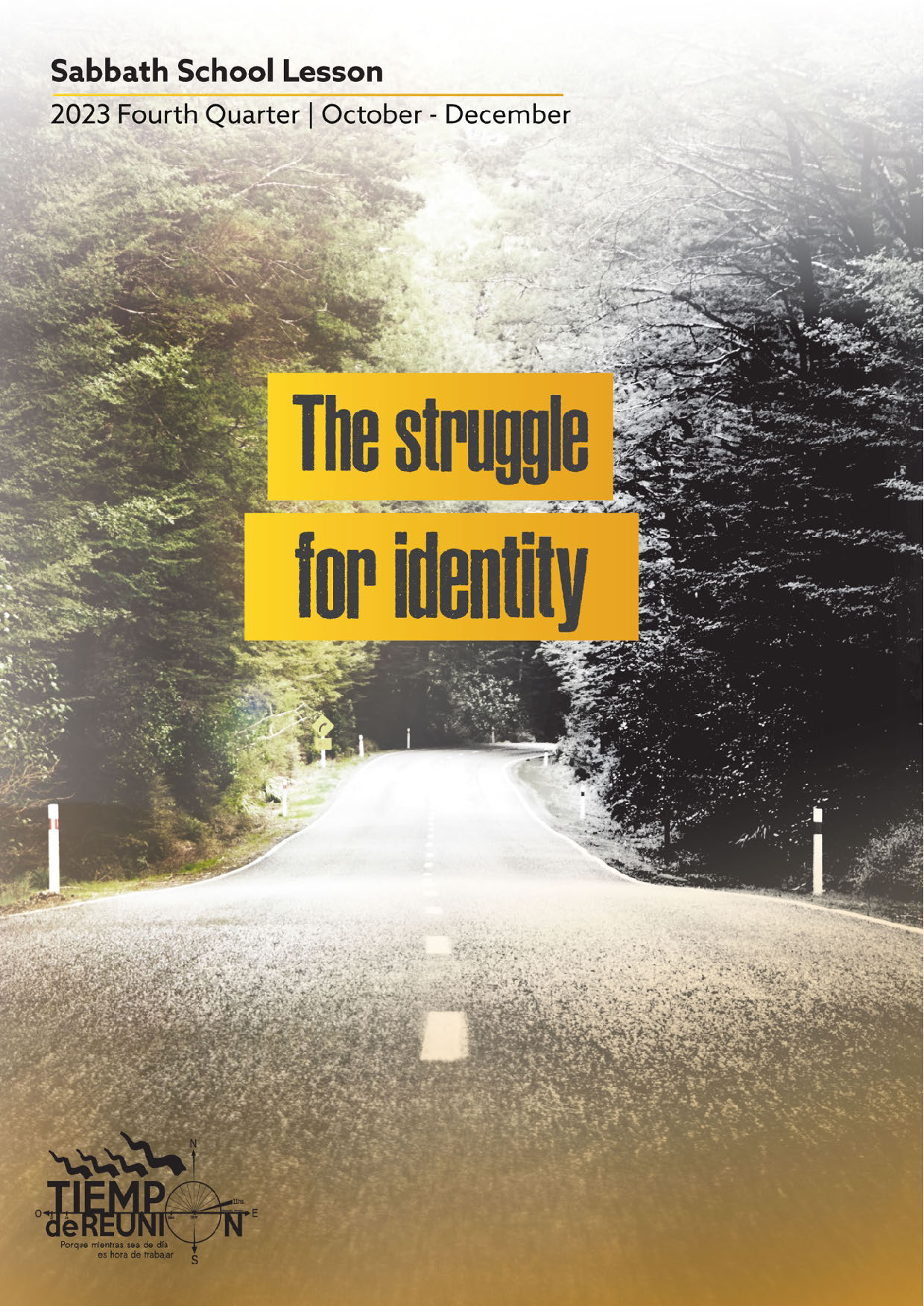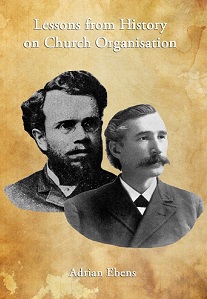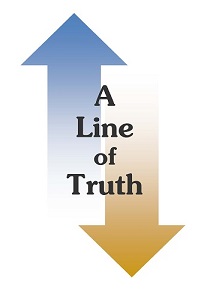The Bounds of Heathenism
The Bounds of Heathenism.
The Present Truth March 7, 1895
E. J. Waggoner
These bounds are set by the word of God; that word alone defines what is heathenism and what is not. Only by that word can be determined whether the principles by which our lives are governed are heathen, or whether they are Christian.
"Wherewith shall I come before the Lord, and bow myself before the high God? shall I come before Him with burnt offerings, with calves of a year old? Will the Lord be pleased with thousands of rams, or with ten thousands of rivers of oil? shall I give my firstborn for my transgression, the fruit of my body for the sin of my soul?" Micah vi. 6, 7. Doubtless we would not think of presuming to worship God by such acts as our spirit enumerated; yet what we do offer Him as worship may fall quite as far short of that worship which is in spirit and in truth.
The worship referred to by the prophet is heathenism. Heathen worship is not inconsistent with the retention of forms and ceremonies instituted by God, or of those which are approximate to them. God instituted sacrifices as an essential feature of His worship, and it was doubtless from these that all other sacrificial ceremonies were borrowed. The heathen looked no further in their worship than the sacrifice itself, and attributed to it all the virtue of obedience to the Divine instructions. It was this that made them heathen. They lost faith, which looked beyond the form and ceremony to the Lamb of God, in whom alone there was virtue for mankind. Heathenism is simply worship not of faith.
This being gone, and human reasoning and speculation having taken its place, perversion of the forms of worship followed as a matter of course, in proportion as the human intellect endeavoured to give them a meaning. God came to be regarded as a being to be appeased by the shedding of blood, or-by what was held as its equivalent-the taking of life. Men thought to purchase His favour, and measured the probability of success by the value of the sacrifice which they offered. And thus it came to pass that they offered the fruit of their bodies-their own children-for the sin of their souls. They made their sons and their daughters to "pass through the fire," or sacrificed them upon the burning altar. 2 Kings xvii. 16, 17; iii. 27. It was the most valuable offering they knew how to make, and as such, in their view, the most acceptable. And that view was but the logical outgrowth of the human mind, working upon a system of worship without faith. And thus the very sacrifices by which they thought to atone for sin only added tenfold to it.
The word of God declares, "Whatsoever is not of faith is sin." Without faith there is no real sight of the Lamb of God, and without the sight of Him all forms of worship lose their meaning. Then come in human reasoning, philosophy, and tradition, by which the spiritual sight is utterly darkened, and the commandments of God made of none effect. It was thus that the Jews had become actual heathen in the days of Christ; it is thus that many have become heathen in our own day who imagine themselves Christians. Every individual can determine his own position and the character of his religion by an examination of God's word. That word is the rule of faith, and "whatsoever is not of faith is sin." It is faith alone that sets the bounds to heathenism.





